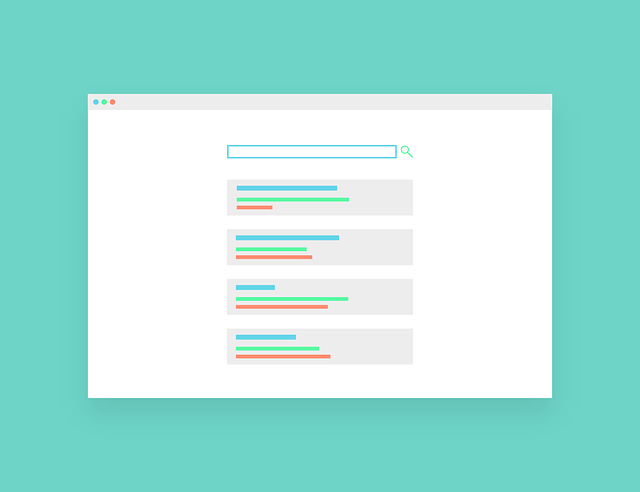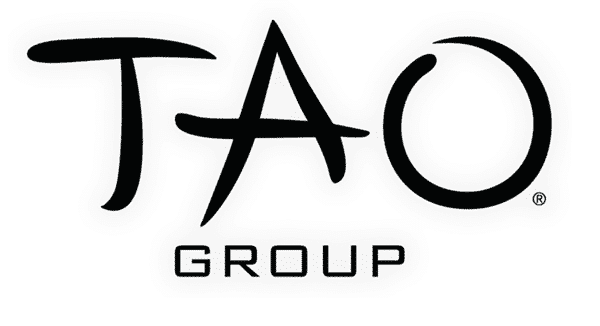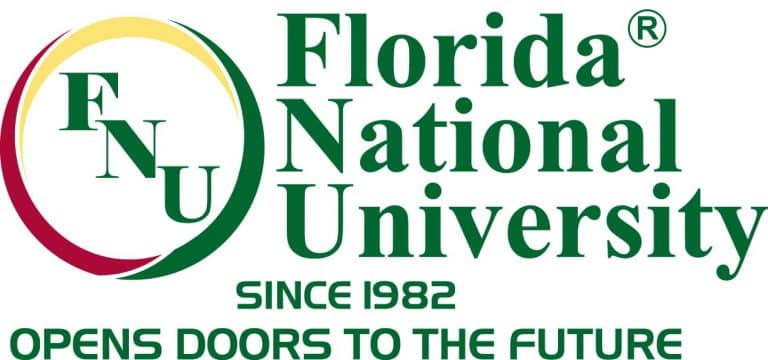Are you struggling to rank higher on search engines despite creating high-quality content? The culprit could be “keyword cannibalization what it is and how to avoid it” – a common yet overlooked issue that hampers your SEO efforts. But worry not! In this blog post, we will delve deep into the concept of keyword cannibalization, its impact on SEO, and effective strategies for fixing and preventing it. Get ready to boost your website’s performance and achieve SEO success!

Key Takeaways
Keyword cannibalization is a common SEO issue that can negatively affect rankings.
Identifying and addressing keyword cannibalization requires comprehensive content audits, Google Search Console analysis, third-party tools & strategies such as merging/consolidating content or 301 redirects.
Preventing keyword cannibalization involves conducting extensive research on unique keywords to understand user intent and optimize website performance.
Understanding Keyword Cannibalization

Keyword cannibalization is an SEO dilemma where multiple pages on a website target the same keyword, leading to competition between them and negatively affecting their search engine rankings. It’s like having several incomplete books on the same topic instead of one comprehensive book that showcases your expertise.
Overcoming keyword cannibalization is vital in attaining SEO success, considering its potential to hamper your website’s effectiveness, ranking, and conversion rates. Now, we’ll delve into its definition, provide some examples, and discuss its impact on SEO.
Definition and Examples
Keyword cannibalization occurs when different pages on a website target the same keyword, leading to a decrease in rankings and traffic for the site. This competition among web pages can diminish your marketing efforts and resources, making it harder for users to find your relevant content on search engines.
For instance, if you have multiple blog posts on your website that target the same search query in Google, each post will compete with the others for visibility in search results, leading to a drop in your website’s overall performance.
Having defined keyword cannibalization, we shall now examine its influence on SEO.
Impact on SEO

Keyword cannibalization can have a detrimental effect on SEO performance, leading to reduced organic traffic, weakened link strength, and decreased rankings. When you generate multiple webpages that are topically similar and serve the same search purpose, the value of the content gets spread out across them, resulting in a noticeable decrease in rankings over time as your website will be essentially competing with its own pages on Google Search, especially when using the same keywords repeatedly.
To overcome this issue, you can employ various strategies such as:
merging and consolidating content
implementing 301 redirects
optimizing internal linking structure
utilizing canonical tags
But first, let’s learn how to identify keyword cannibalization and target keyword issues on your website.
Identifying Keyword Cannibalization on Your Website
It’s vital to spot keyword cannibalization on your website to uphold excellent SEO performance. To identify such issues, you can conduct a content audit, analyze Google Search Console data, and use third-party tools. By pinpointing and addressing instances of keyword cannibalization, you can prevent competition between your web pages and improve your site’s overall performance.
We will delve into each of these methods in more depth.
Content Audit
A content audit is a comprehensive assessment of all the content on your website, including blog posts and landing pages, to evaluate its performance and effectiveness. To detect keyword cannibalization, you can manually review your content or construct a spreadsheet with web pages and targeted keywords, known as a keyword matrix.
If you identify duplicate entries in your keyword matrix, you should amend the relevant pages to prevent keyword cannibalization. By eliminating duplicate content and ensuring that each page targets a unique keyword, you can optimize your website for better search engine performance.
Google Search Console Analysis
Google Search Console is a free tool provided by Google that enables webmasters to observe and evaluate their website’s performance in the search engine results page. To identify keyword cannibalization using Google Search Console, you can examine if multiple URLs are receiving clicks and impressions for the same search query in Google search results.
If you notice such patterns, carefully analyze the pages to determine if they share the same search intent and implement the appropriate solution, such as consolidating content or redirecting pages. By addressing cannibalization issues in Google Search Console, you can improve your website’s SEO performance and ensure that the right pages rank for the right keywords.
Third-Party Tools
Several third-party tools, such as Semrush, Ahrefs, and Ubersuggest, can help you detect keyword cannibalization on your website by offering insights into your content and keywords. These tools can analyze your website’s content, including the quantity of pages targeting the same keyword, the content quality, and the internal linking structure.
When utilizing third-party tools, it’s vital to use them correctly and interpret the data accurately. Additionally, it’s important to continuously track your website for any shifts in keyword cannibalization.
Having learned how to detect keyword cannibalization, we will now discuss methods to rectify it.
Strategies to Fix Keyword Cannibalization

Fixing keyword cannibalization can significantly improve your website’s SEO performance. Some effective strategies include:
Merging and consolidating content
Implementing 301 redirects
Optimizing internal linking structure
Utilizing canonical tags
By addressing cannibalization issues and ensuring that each page on your website targets a unique keyword, you can enhance your website’s performance and achieve better search engine rankings.
We will delve into each of these strategies in more depth.
Merging and Consolidating Content
Merging and consolidating similar content can help fix cannibalization issues by creating a unified, authoritative page that ranks better in search results. For instance, if you have two blog posts targeting the same keyword, you can combine the content of both posts into one comprehensive article, thus eliminating competition between the two pages.
By consolidating known ranking signals such as backlinks and internal links into one page, you can enhance your website’s authority and relevance for targeted keywords. Merging content not only improves your site’s SEO performance but also provides a better user experience by offering all relevant information in one place.
Implementing 301 Redirects
Implementing 301 redirects is another effective strategy to fix keyword cannibalization. A 301 redirect is an HTTP status code. It permanently redirects users and search engines from one URL to another. This allows for the transfer of page rank and other associated metrics.
Using 301 redirects can:
Consolidate SEO signals, such as backlinks and internal links, into a single primary web page
Prevent keyword cannibalization
Enhance overall website performance.
When selecting the page to be redirected to, follow these steps:
Create a revised version of the preferred page, including pertinent data from the cannibal pages.
Optimize your content for the relevant keywords.
Implement 301 redirects to avoid internal competition and consolidate all the relevant search engine rankings in one place.
Optimizing Internal Linking Structure
Optimizing the internal linking structure of your website can help consolidate relevancy signals and authority of preferred pages, preventing multiple pages from competing for the same query. By ensuring that the most significant pages are linked to more frequently, you can avoid multiple pages vying for the same keyword or search intent, and achieve multiple pages ranking.
An effective internal linking structure not only improves your website’s SEO performance but also enhances user experience by providing a clear navigation path for users. By optimizing your internal linking structure, you can guide users and search engines to the most relevant content on your website, eliminating the chances of keyword cannibalization.
Utilizing Canonical Tags
Canonical tags, also known as rel canonical tags, are HTML elements used to indicate the preferred or main version of a webpage when there are multiple versions of the same content. By specifying the canonical tag, you can inform search engines which version of the page should be considered as the authoritative or primary version for indexing and ranking purposes, helping to avoid keyword cannibalization.
Utilizing canonical tags can provide the following benefits:
Consolidate link strength from all pages competing with each other in Google Search into one main URL version
Prevent keyword cannibalization
Ensure that the desired page receives the necessary visibility in search engine results.
However, keep in mind that canonical tags act as indicators rather than commands, and Google may still choose to display a different page if it deems necessary.
Tips for Preventing Keyword Cannibalization
Preventing keyword cannibalization is key to optimal SEO performance and securing high ranks in search engine results. By conducting comprehensive keyword research, focusing on user intent, and using a focus keyword strategy, you can avoid the pitfalls of keyword cannibalization and enhance your website’s performance.
We will delve into these tips in more depth.
Comprehensive Keyword Research
Performing comprehensive keyword research helps you:
Identify unique keywords
Avoid overlapping content that can lead to keyword cannibalization
Research and analyze keywords to detect beneficial search queries
Understand user intent
Optimize content for organic search rankings.
By conducting thorough keyword research, you can gain insights into user intent, optimize your content for search engines, and prevent keyword cannibalization. Utilizing tools and resources, such as Google Keyword Planner, Semrush, or Ahrefs, can help you uncover valuable keywords and develop an effective keyword strategy for your website.
Focusing on User Intent
Understanding user intent is critical for creating content that satisfies users’ requirements and prevents keyword cannibalization. By comprehending what users are seeking when they search for a particular keyword and crafting content that fulfills their needs, you can reduce the chances of multiple pages competing for the same query.
Focusing on user intent enables you to:
Provide pertinent and beneficial information to your target audience
Result in higher rankings
Improve engagement
Increase conversion rates
By aligning your content with user intent, you can avoid the issues associated with keyword cannibalization and ensure that your website performs well in search engine results.
Regular Content Audits and Monitoring

Regular content audits and monitoring are key to monitoring your website’s performance and spotting potential cannibalization problems. By routinely assessing your website’s content, you can ensure that it is current and pertinent to the keywords you are targeting and make necessary adjustments to maintain optimal SEO performance.
By conducting regular content audits and monitoring, you can enhance your website’s SEO performance, improve user experience, and augment website traffic. Utilizing tools such as Google Analytics, Google Search Console, or any third-party SEO tools can help you monitor your website’s performance and detect any potential keyword cannibalization issues before they impact your rankings.
Summary
In conclusion, addressing and preventing keyword cannibalization is crucial for achieving SEO success. By understanding the concept, identifying issues on your website, and implementing effective strategies such as merging content, implementing 301 redirects, optimizing internal linking, and utilizing canonical tags, you can enhance your website’s performance and rank better in search engine results.
Don’t let keyword cannibalization hinder your website’s potential. Embrace comprehensive keyword research, focus on user intent, and conduct regular content audits to keep your website’s SEO performance at its peak. Take action today and watch your website soar to new heights!
Frequently Asked Questions
What is keyword cannibalization *?
Keyword cannibalization is a phenomenon where the same or similar keywords are present on multiple pages of a website, making it hard for search engines to determine which content should rank higher.
Is keyword cannibalization good or bad?
Keyword cannibalization is generally bad for SEO, as it weakens the search engine rankings of multiple pages on the same website. This can cause a waste of marketing efforts and resources, making it something to avoid.
What is the impact of keyword cannibalization?
Keyword cannibalization has a negative impact on your SEO rankings and conversion rate. It damages your authority by creating multiple pages with the same keyword, leading to an overstretched content that fails to show variety and expertise in the subject. Additionally, it can also confuse users, increasing your bounce rate and consequently reducing your conversion rate.
How do you avoid keywords?
To avoid keyword stuffing, focus on providing valuable and relevant content for your readers using keywords strategically and infrequently, and diversifying your language with synonyms and variations.
How can I identify keyword cannibalization on my website?
To identify keyword cannibalization on your website, you can conduct a content audit, analyze Google Search Console data, and use third-party tools.






















